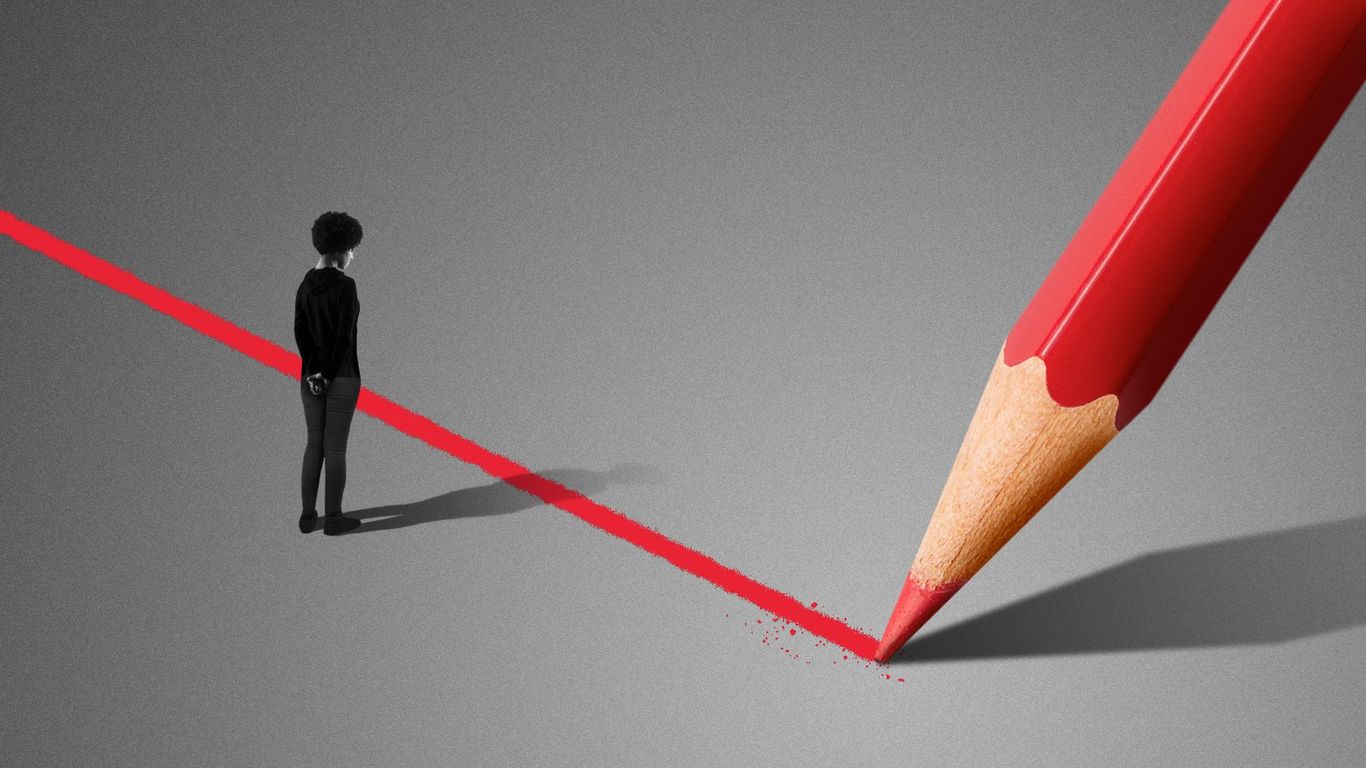News Mentions for the week of March 11, 2024
Our faculty often provide insight on current events and topics in the news.
Explore some of the articles that they have contributed to or been quoted in recently below.
- CNET
Can Tech Help You Sleep Better? This Is My 3-Week Quest for Answers
We all need a good night's rest, but how we sleep is highly personal. Lexy Savvides at CNET tried out a variety of tools to see what works best. Rafael Pelayo, clinical professor of psychiatry and behavioral sciences, is interviewed in this piece.
- Drug Discovery News
Ibogaine eases traumatic brain injury in veterans
The properties of a little-known psychedelic drug may be perfectly tailored to relieve the psychiatric and cognitive symptoms of the disease. Nolan Williams, associate professor of psychiatry and behavioral sciences, is quoted about related research.
- Roll Call
Growing teen THC use could further complicate cannabis policy
About 11 percent of 12th graders in U.S. reported using Delta-8-THC in the past year, according to new analysis. Keith Humphreys, the Esther Ting Memorial professor of psychiatry and behavioral sciences, is quoted on the topic.
- TIME
Why Online Shopping Is Tanking Your Mental Health
Going shopping used to be known as “retail therapy.” Indeed, research has shown that traditional brick-and-mortar shopping can ease sadness, at least temporarily, and give people a sense of control. Online shopping, however, is often overwhelming for your brain. Elias Aboujaoude, clinical professor of psychiatry and behavioral sciences, is quoted on the topic.
- CBC Radio
A dating renaissance with dating apps
Two recent reports show that Gen Zs aren’t using dating apps as much as one would expect from a digitally native generation. Why? And what are they turning to instead? Elias Aboujaoude, clinical professor of psychiatry and behavioral sciences, is interviewed.
- Axios
Democratic states abandon soft drug laws, embrace strict policy
Questions of how to approach drug addiction, mental health and homelessness are dividing the left. Keith Humphreys, the Esther Ting Memorial professor of psychiatry and behavioral sciences, provides comment.
- Yahoo
It's time to 'spring forward.' Here's how daylight saving time can affect your health.
Daylight saving time begins at 2 a.m. on Sunday, March 10, when we set the clocks forward and lose one hour of sleep. And while the centuries-old practice allows us to enjoy more daylight hours — at least until Nov. 3, when we "fall back" — it may mess with our well-being. Why is "springing forward" so impactful? "Most people don't have an hour to spare," Rafael Pelayo, clinical professor of psychiatry and behavioral sciences, provides comment.
- The Mercury News
Students’ mental health challenges persist — Bay Area schools are doing something about it
Nearly 30% of teenagers experience episodes of poor mental health each month, and more than 40% have persistent feelings of sadness, according to a decade-long survey by the U.S. CDC. Wellness centers are helping students reduce stress and anxiety. Michele Berk, assistant professor of psychiatry and behavioral sciences, is quoted.
- NPR
Wrestling with my husband's fear of getting COVID again
State and national measures to prevent COVID are falling away, like most recently, the U.S. Centers for Disease Control and Prevention's decision to end its 5-day isolation guidance. And the disease is still very much a threat. Yes, vaccines and boosters can protect against severe illness, but vulnerable people are still at high risk. To top it off, there is a lot we don't know about the coronavirus. Ranak Trivedi, associate professor of psychiatry and behavioral sciences, provides comment.
- Innovation Insights Vodcast Series | Stanford CME
Designing high-efficiency mobile apps for mental health
This Innovation Insights Series episode discusses the transformative impact of smartphone apps on mental health care with Eric Kuhn, associate professor of psychiatry and behavioral sciences.. Discover how innovative mobile apps enhance access to care and support tools for patients with mental health challenges.






